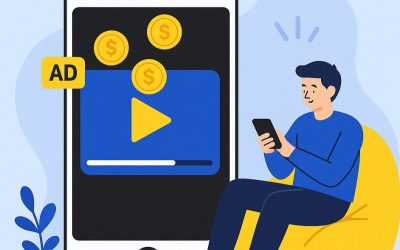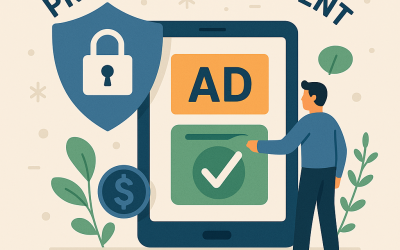How Well Are You Monetizing Your Game?
Game monetization is a vital consideration for developers who want to earn an income from their efforts. The mobile gaming market has undergone a number of seismic shifts over the past few years, and there are multiple monetization options available today. However, they don’t all stack up to one another, and utilizing the wrong method, based on incorrect assumptions of performance could leave you with little to show for your development efforts.
When considering how well you’re monetizing your game, you’ll need to do more than just assess whether you’re turning a profit. You need to measure how you stand up next to some of the more obvious powerhouses out there – Candy Crush’s developer King and Zynga, for instance.
The Story of King
King is the name behind Candy Crush Saga, as well as other similar puzzle-style mobile games. The company has grown from being a no-name European startup to one of the most profitable gaming development companies in the world, with profits that put it on par with Rovio and even Mojang.
During just the third quarter of 2017, King pulled in $250 million in revenue, according to an article published in Venture Beat, a testament to the company’s incredible staying power in a very fluid industry. Not only that, but that revenue amount represented almost a 100% increase over the same period in 2016. How does King manage to achieve those numbers? It all comes down to game monetization.
What about Zynga?
Zynga, the force behind hits like Farmville, Words with Friends, and other viral casual games, has done almost as well as King and has a market share worth several billion dollars. How did this company achieve that success? Again, it all comes down to app monetization.
In-App Purchases
Both Zynga and King (Candy Crush) rely on app monetization in the form of in-app purchases to fuel their growth and profitability. However, neither company relies on in-app purchases for the popularity of their games. They built great games first, made them completely playable without spending any money, and then monetized them by offering upgrades, perks and other unique features that actually benefit players while not charging a fortune for those purchases at the same time.
The formula looks a lot like this, although it’s an oversimplification:
Build a great game à build an engaged user base à make the game playable for free à create in-app purchases that offer value for little cost
That’s it. That’s the entire secret of King’s and Zynga’s success. The profitability comes from sheer numbers. Remember that conventional wisdom says that only 2% of your game’s users will actually make an in-app purchase. So, you need to build the widest user base possible. Both Zynga and King have done just that (particularly King, seeing as Candy Crush remains one of the bestselling mobile games several years after its initial rollout).
You can’t build that sort of user base without a great underlying game. Candy Crush has actually become a use case study for aspiring game developers due to its outstanding conversion mechanics and user retention.
Will It Last Forever?
The simple answer here is no. Neither King nor Zynga will be able to rely on an eternal stream of income from one or two games alone. Nothing lasts forever, and even vaunted Candy Crush is showing signs that it might be losing a few users. However, because of the inherent quality, engagement and pure playability, it will likely remain a contender far longer than most other games.



